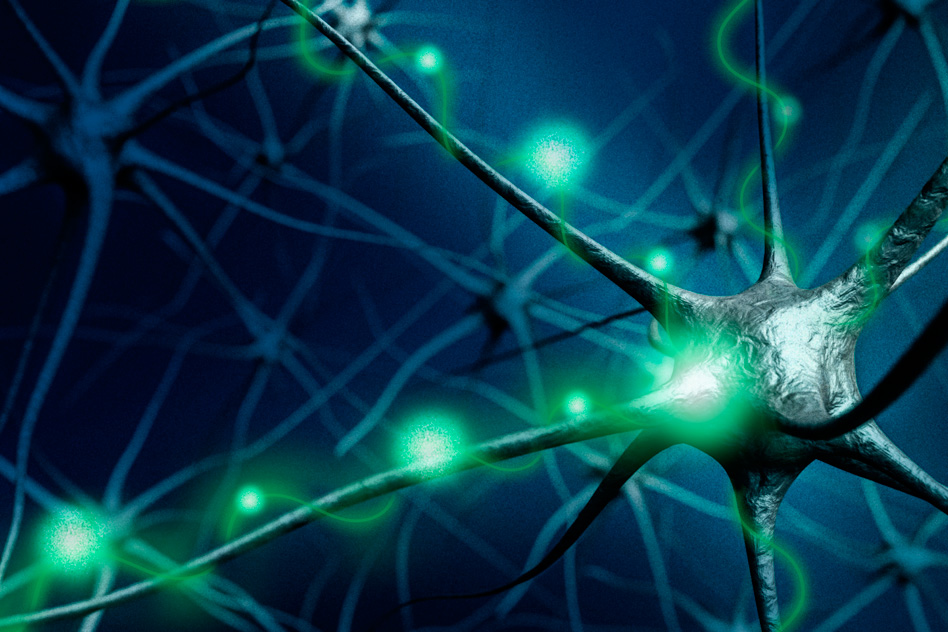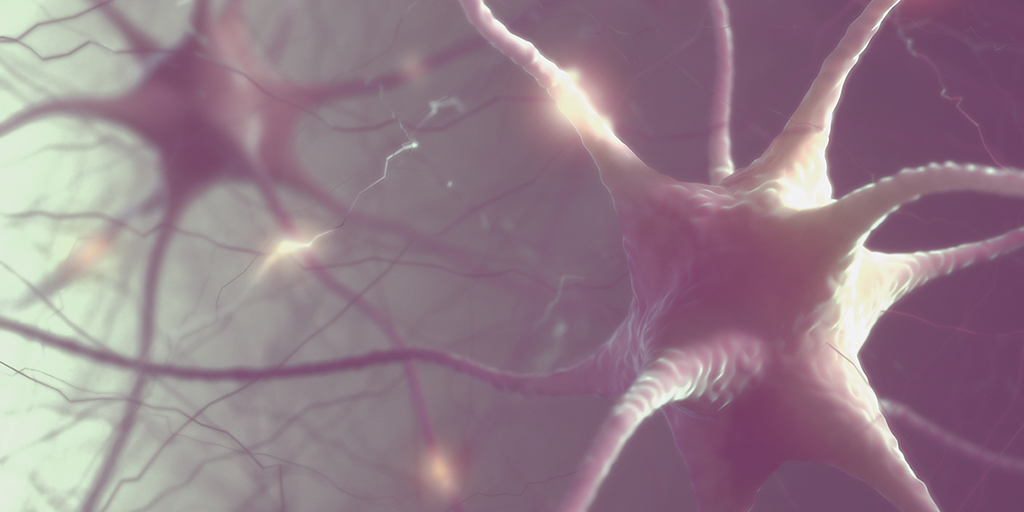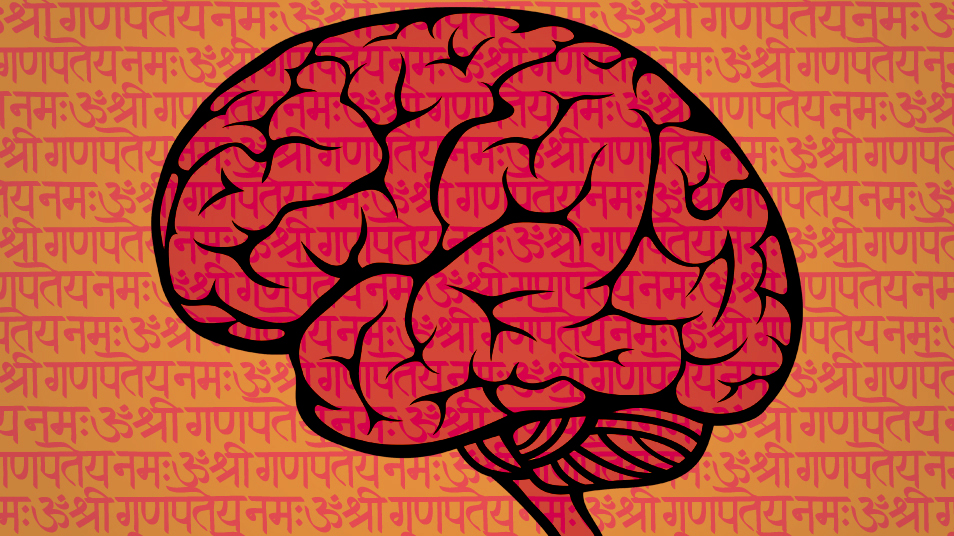Neuropsych
All Stories
Anxiety disorders are common. Yet, many find current treatments methods only partially effective.
How does music influence behavior?
People get angry for all sorts of reasons, from the trivial ones (someone cut me off on the highway) to the really serious ones (people keep dying in Syria and […]
Philosophers aren’t known for their love lives, but a few have managed to be tragic romantics anyway.
Neuroscientists are now starting to put TMR to work.
The human brain is an incredible marvel of evolution. But what’s even more incredible is how this supercomputer in your head is able to occasionally make such dumb mistakes.
▸
7 min
—
with
Before you reach for another glass of warm milk, read this.
Could these findings be used to boost creativity?
Have you ever been curious about how curiosity works?
Around 100 million adults in the United States are affected by chronic pain. What can we do about it?
“You” might not be as real as you think you are. Here’s what Buddhism has to say about living ego-free, and how Freud misunderstood it.
▸
4 min
—
with
Consider stress junk food for your brain, while meditation is the gym that can repair and reshape you after years of a bad brain diet.
▸
7 min
—
with
Imagined memory palaces are still used by memory champions and the few who practice the memory arts, but they are best known from Greco-Roman times.
The scientific quest for immortality is predicated on the belief that evidence may already exist in the form of Near-Death Experiences and reincarnation.
Keeping a gratitude journal is good for you on a number of fronts.
Now, you can add chanting to your brain training regimen.
Some say that great ideas come out of thin air. Neuroscientist David Eagleman posits that perhaps all great ideas are simply built upon old ideas, because thats what fuels the creative brain.
▸
5 min
—
with
How useful are the algorithms dating sites use? According to one regulatory agency, not very.
Could it simply be pleasure for its own sake?
A brain process called “memory reactivation” can do wonders for your language learning abilities.
There now is compelling evidence to support the notion that much information about another person’s mind can be gleaned from his or her eyes.
The Germans have a lovely saying for the benefits of keeping an idle mind: ‘die Seele baumeln lassen’, meaning ‘let the soul dangle’.
Cute things are usually vulnerable, fragile, and weak. But cuteness itself is mighty indeed.
Stanford researchers identify five different types of anxiety, each correlating with the activation of different brain networks.
‘IQ tests just measure how good you are at doing IQ tests.’ This is the argument that is almost always made when intelligence-testing is mentioned. It’s often promoted by people […]
Because intelligence is not the same thing as rationality.
The origin of the word ‘respect’ comes from the Latin verb ‘respicere’, which means to take another look back at something or someone. Here’s how to restore respect after conflict.
▸
5 min
—
with
Your brain’s heightened sensitivity can make you perceptive and creative. But it’s a double-edged sword, researchers find.
Is “alloparenting” the end of family as we know it?





























